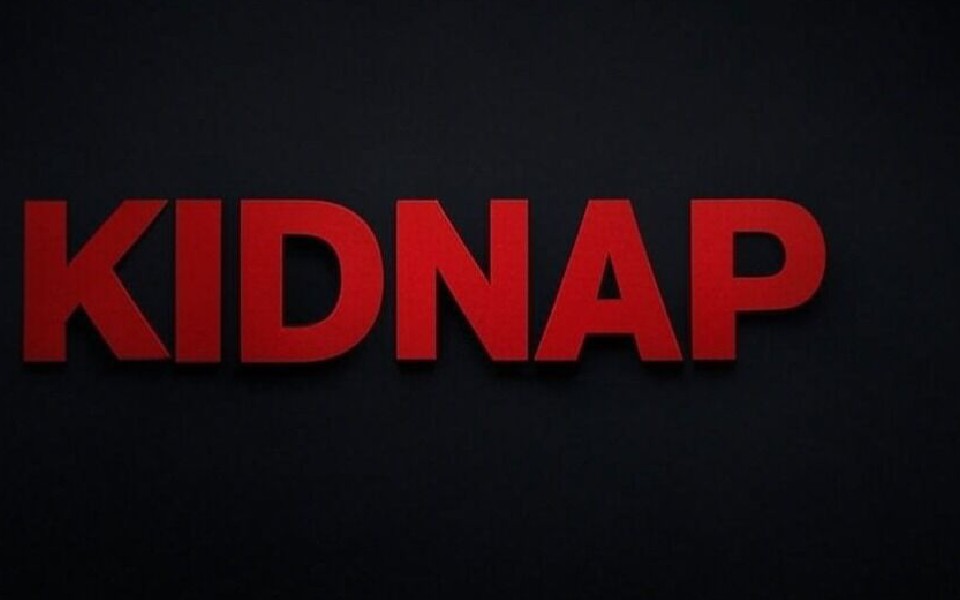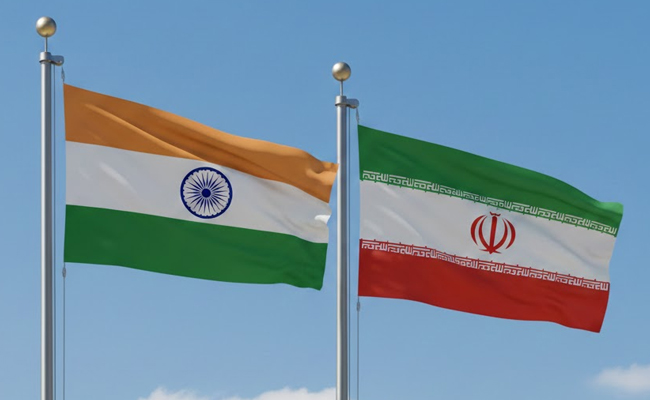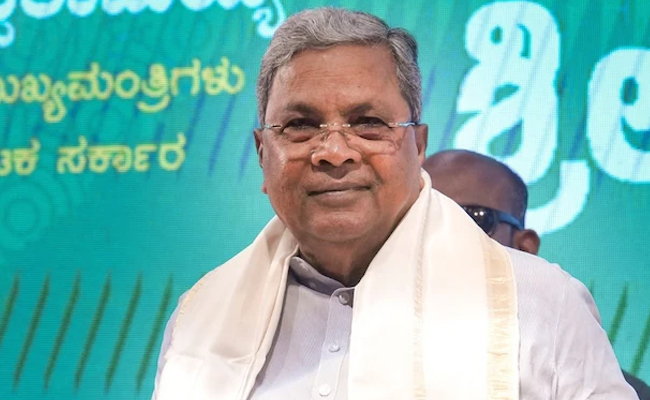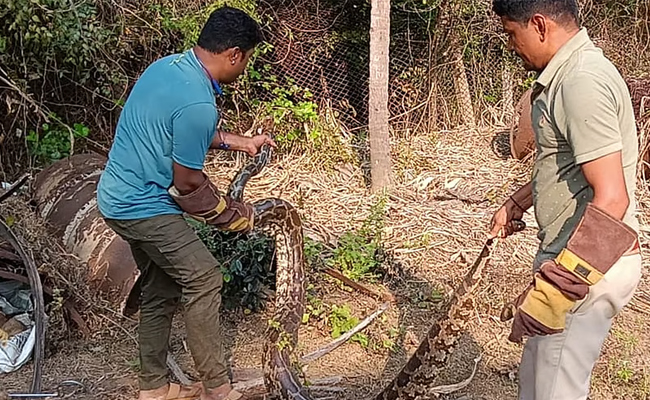Udupi (Karnataka), Mar 29 (PTI): A case has been registered against a youth in Udupi on charges of "kidnapping" a 20-year-old engineering student, based on a complaint filed by her father, police said on Saturday.
In the complaint lodged on March 20 at the Udupi Town police station, Godwin Devdas (53) stated that his daughter, who studies at an engineering college in Moodbidri, alighted from her college bus at Kukkikatte Junction, Udupi, at around 6 pm, on the same day.
According to the complainant, while she was walking towards her aunt’s house, a person identified as Akram Mohammed allegedly kidnapped her on his motorbike.
A bus driver who witnessed the incident informed Devdas about it.
Devdas mentioned that he had previously lodged a complaint against Mohammed, accusing him of harassing his daughter when she was a minor.
He alleged that the recent incident was an act of revenge. Based on his complaint, the police registered the case under Section 140(3) of the Bharatiya Nagarik Suraksha Sanhita (BNS).
He claimed that Mohammed had been in contact with his daughter for the past five years through Instagram and had allegedly harassed her by threatening to release their intimate photos on social media.
Devdas expressed dissatisfaction with the police, stating that they had not taken any action on his complaint filed a week ago.
According to him, the police informed him that they could not intervene in a case involving consenting adults and even showed him a video of the couple living together voluntarily. “However, I am concerned about my daughter’s safety,” he said.
In response, Devdas has filed a habeas corpus petition before the High Court, seeking directions for the Udupi Town Police to produce his daughter before the court.
The petition was heard by a Division Bench on Friday and was adjourned to April 4.
Meanwhile, Mohammed has submitted an application for the registration of their marriage under the Special Marriage Act. He has also filed an application under Section 482 of the Bharatiya Nagarik Suraksha Sanhita (BNSS), seeking anticipatory bail before the Udupi Principal District and Sessions Court.
According to court officials, the hearing on Mohammed’s petition has been posted for April 2 for objections from the public prosecutor.
Let the Truth be known. If you read VB and like VB, please be a VB Supporter and Help us deliver the Truth to one and all.
New Delhi (PTI): India on Monday advised all its nationals residing in Iran to leave the country by all available means of transport, including commercial flights, in view of the evolving security situation.
The Indian embassy in Iran issued a fresh advisory to the Indian nationals amid fresh protests in Tehran and increasing fears of US military strikes on the Gulf nation. Students at several universities in Iran held anti-government demonstrations in a first such agitation since Tehran's brutal crackdown on the protesters last month.
According to official estimates in January, little over 10,000 Indians, including students, were living in Iran.
"In continuation of the advisory issued by the government of India on January 5 and in view of the evolving situation in Iran, Indian nationals who are currently in Iran (students, pilgrims, business persons and tourists) are advised to leave Iran by available means of transport, including commercial flights," the embassy said.
The mission also reiterated that all Indian citizens and PIOs (persons of Indian-origin) should exercise due caution, avoid areas of protests or demonstrations and stay in contact with the Indian Embassy.
"All Indian nationals in Iran are requested to also have their travel and immigration documents, including passports and identity cards, readily available with them," the mission said in the advisory.
"They are requested to contact the Indian Embassy for any assistance in this regard," it said.





